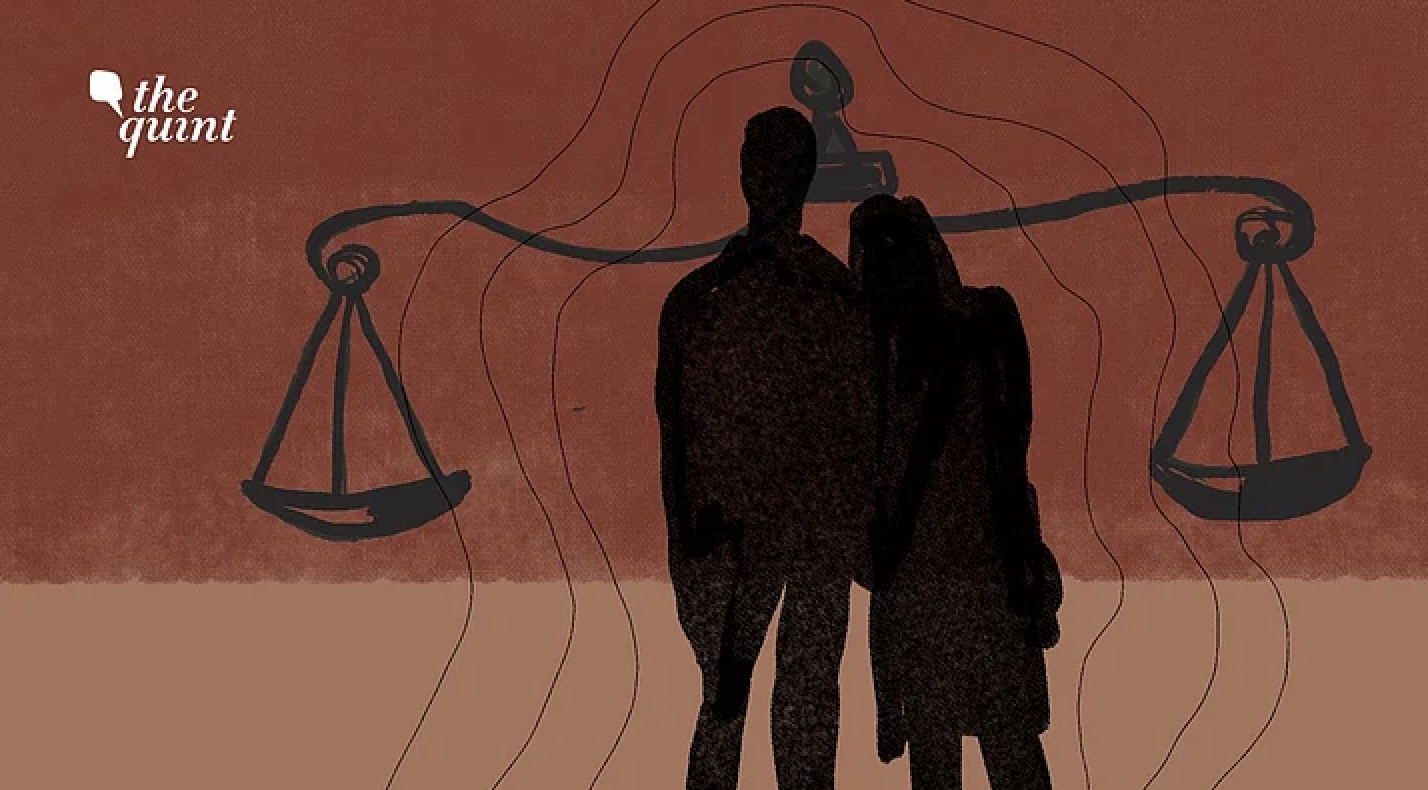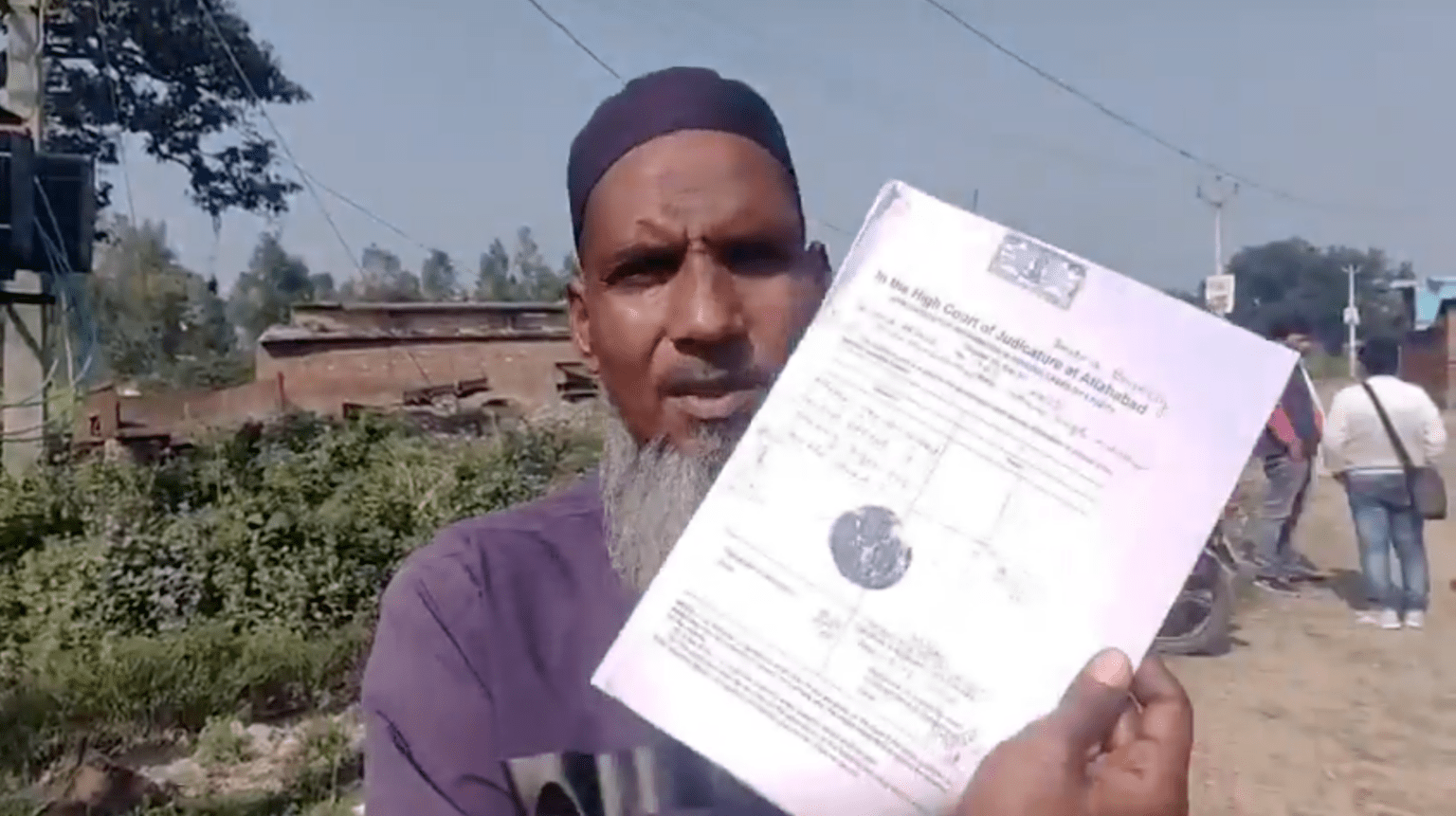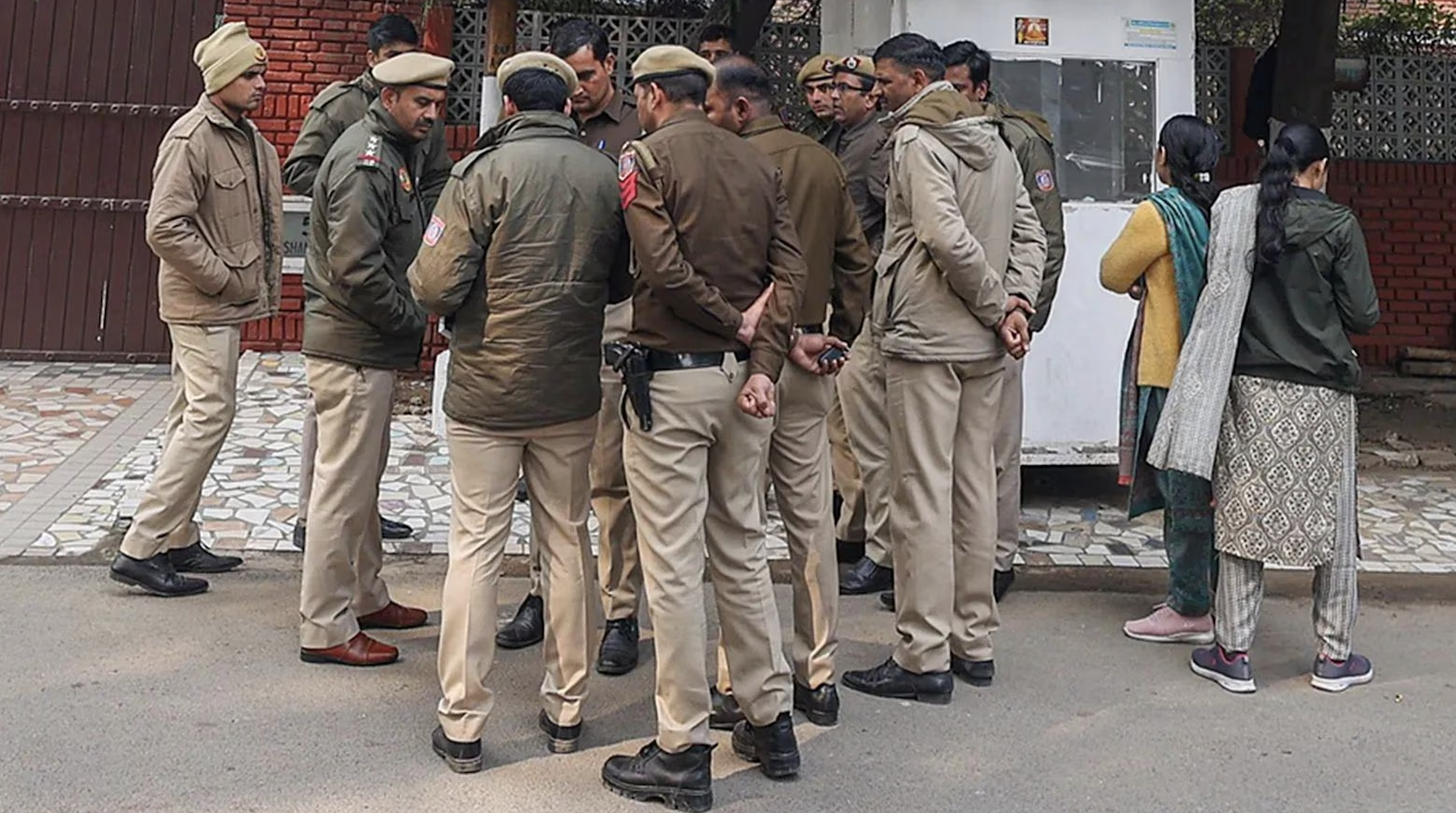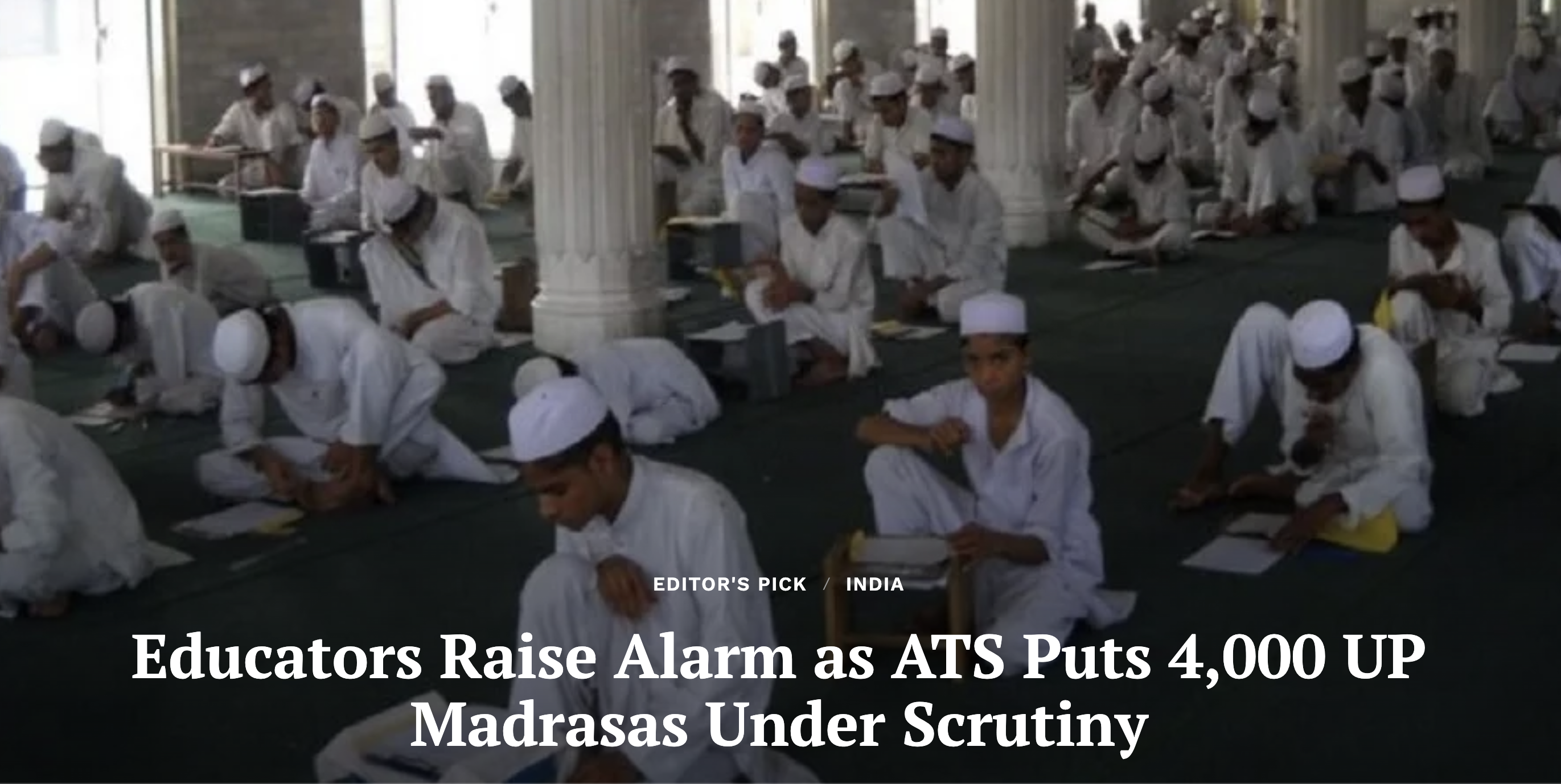
The Indian Constitution guarantees freedom of religion under Articles 25 to 28, which includes the right to profess, practice, propagate, and even convert to another religion of one’s choice. Provided such conversion is voluntary, without coercion, fraud, or undue influence. Over the past decade, however, several states have introduced anti-conversion laws (often termed “Freedom of Religion Acts” or “Love Jihad Laws”), ostensibly to prevent forced or fraudulent conversions.
In a recent development, the Uttarakhand cabinet has approved the Freedom of Religion (Amendment) Bill, 2025 to the existing Act, by proposing harsh penalties and imprisonment for ‘forced religious conversions’ across the state of Uttarakhand. The Bill will now be tabled in the Assembly, where it will likely be passed.
The said amendment, and other such anti-conversion laws, has reignited a contentious debate on religious freedom, state overreach, and the politicisation of faith. The government claims the legislation, which mandates prior state approval for religious conversions, is aimed at preventing coercion and fraud. In reality, though, it dangerously blurs the line between regulation and repression.
This story was originally published in thequint.com. Read the full story here.






